FCC commissioner calls for big tech to help bridge digital divide
FCC’s senior Republican wants the likes of Amazon, Apple, Facebook, and Google to help pay for broadband expansion
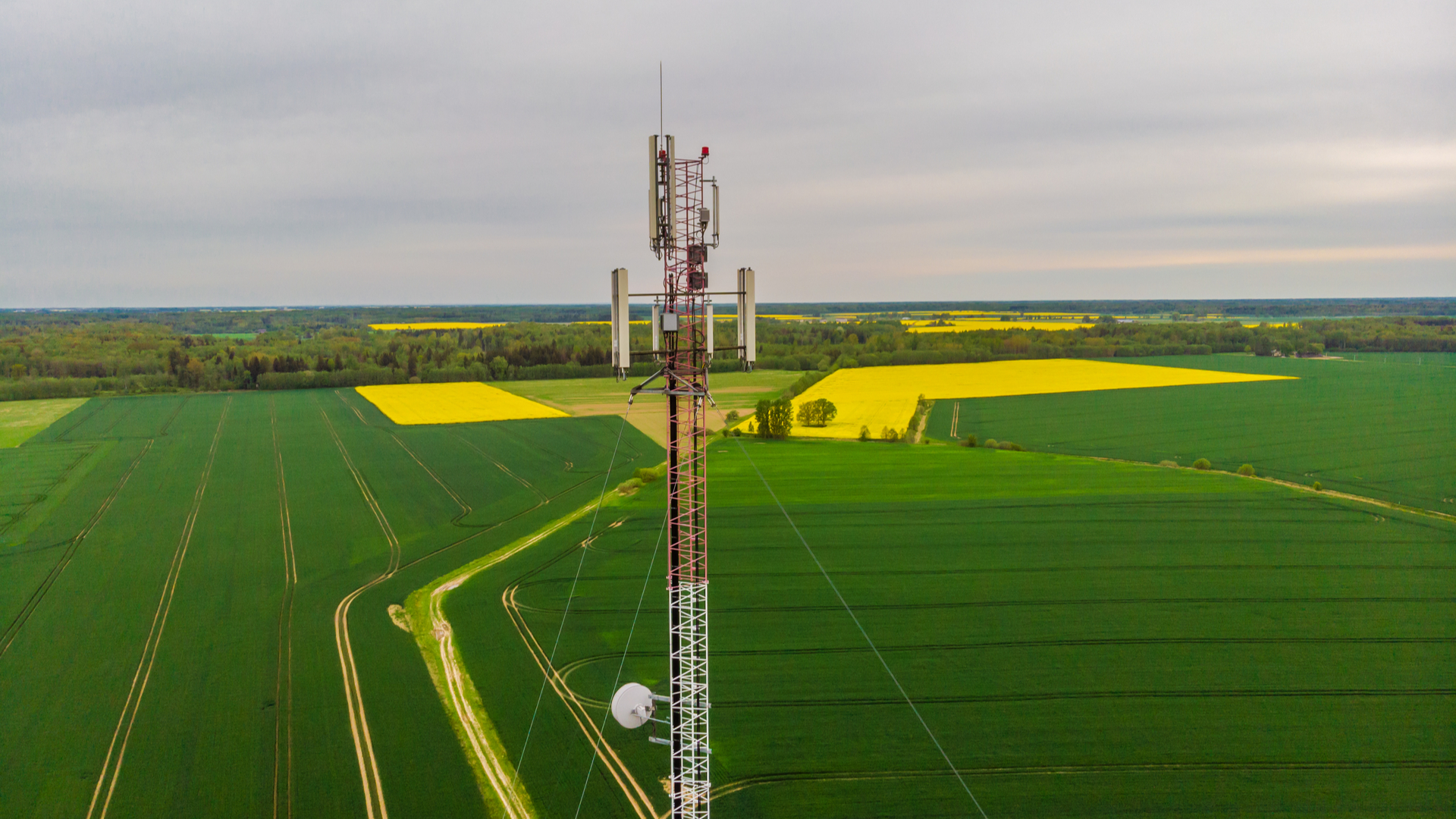
While the federal government is poised to spend billions expanding broadband service and helping bridge the digital divide, an FCC commissioner is pitching a different idea: Make Big Tech pay for it instead.
Brendan Carr, the senior Republican FCC commissioner, called for tech giants like Amazon, Apple, Facebook, and Google to help pay for federal efforts to connect more American households to broadband internet.
"It is time to fundamentally rethink how we fund our high-speed networks," Carr wrote in an op-ed published in Newsweek. "We should start requiring Big Tech to pay its fair share."
After the COVID-19 pandemic helped expose the depth of the digital divide in the US, policymakers in Washington, DC are pledging to bring broadband service to more remote regions and low-income households. The Biden administration is calling for $100 billion in spending to connect every American household to broadband internet by the end of the decade.
Meanwhile, Carr is arguing Congress should tax big tech to pay for it.
"Big Tech has been enjoying a free ride on our internet infrastructure while skipping out on the billions of dollars in costs needed to maintain and build that network," Carr said. He pointed to a study showing that online streaming by just five companies — Netflix, YouTube, Amazon Prime, Disney Plus, and Microsoft — account for a whopping 75% of all traffic on rural broadband networks.
"Yet Big Tech derives tremendous value from these high-speed networks," Carr added. "Indeed, Facebook, Apple, Amazon, Netflix and Google generated nearly $1 trillion in revenues in 2020 alone — an almost 20 percent increase over the prior year."
Get the ITPro daily newsletter
Sign up today and you will receive a free copy of our Future Focus 2025 report - the leading guidance on AI, cybersecurity and other IT challenges as per 700+ senior executives
Who mostly pays for that internet infrastructure? Carr points out that ordinary Americans pay for it, through taxes on their monthly phone bills. Those taxes go into the FCC's Universal Service Fund, which helps subsidize broadband expansion in rural areas.
It's outdated, Carr argues. "This is like taxing horseshoes to pay for highways."
Carr has no power to make any of these changes himself. He's one of five commissioners who oversee the FCC. Instead, he's calling on Congress to do it.
"Legislators could consider a range of potential revenue streams that have a sufficient nexus to the internet, including video streaming services like Netflix, YouTube and Amazon Prime; online advertising services like those offered by Google and Facebook; Apple's App Store and devices; content delivery networks and cloud services like AWS and online gaming services like Microsoft's Xbox," Carr suggests.
However, lobbying groups such as the Internet Alliance, which represents the world's largest internet companies such as Amazon, Facebook, Google, and Microsoft, argue against "taxing the internet" to fund broadband.
-
 Meta just revived plans to train AI models using European user data
Meta just revived plans to train AI models using European user dataNews Meta has confirmed plans to train AI models using European users’ public content and conversations with its Meta AI chatbot.
By Nicole Kobie
-
 AI is helping bad bots take over the internet
AI is helping bad bots take over the internetNews Automated bot traffic has surpassed human activity for the first time in a decade, according to Imperva
By Bobby Hellard
-
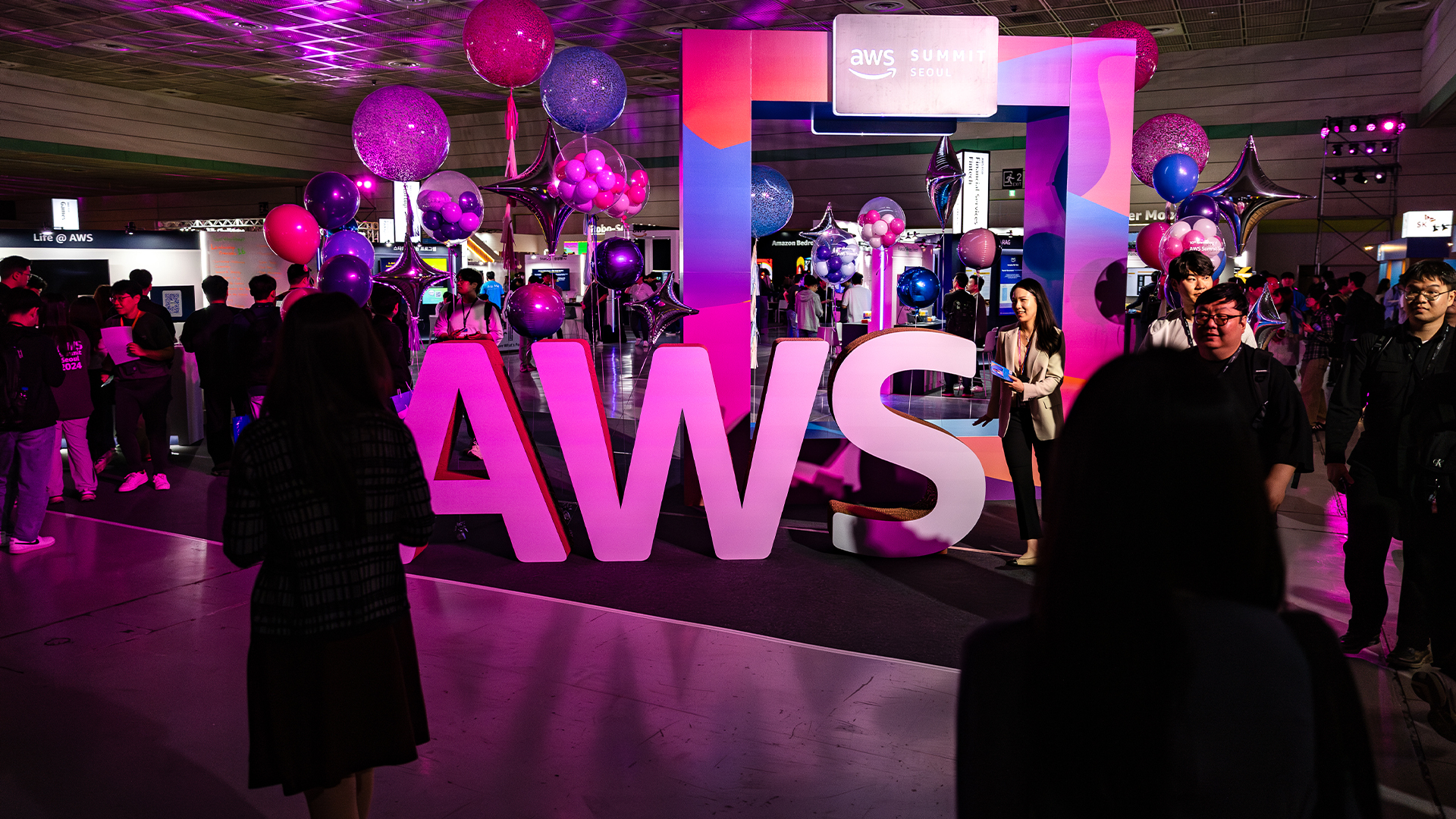 AWS goes all in on AI agents with new features for Bedrock and Amazon Q
AWS goes all in on AI agents with new features for Bedrock and Amazon QNews Agentic customizability is coming to Bedrock and the Amazon Q developer assistant
By George Fitzmaurice
-
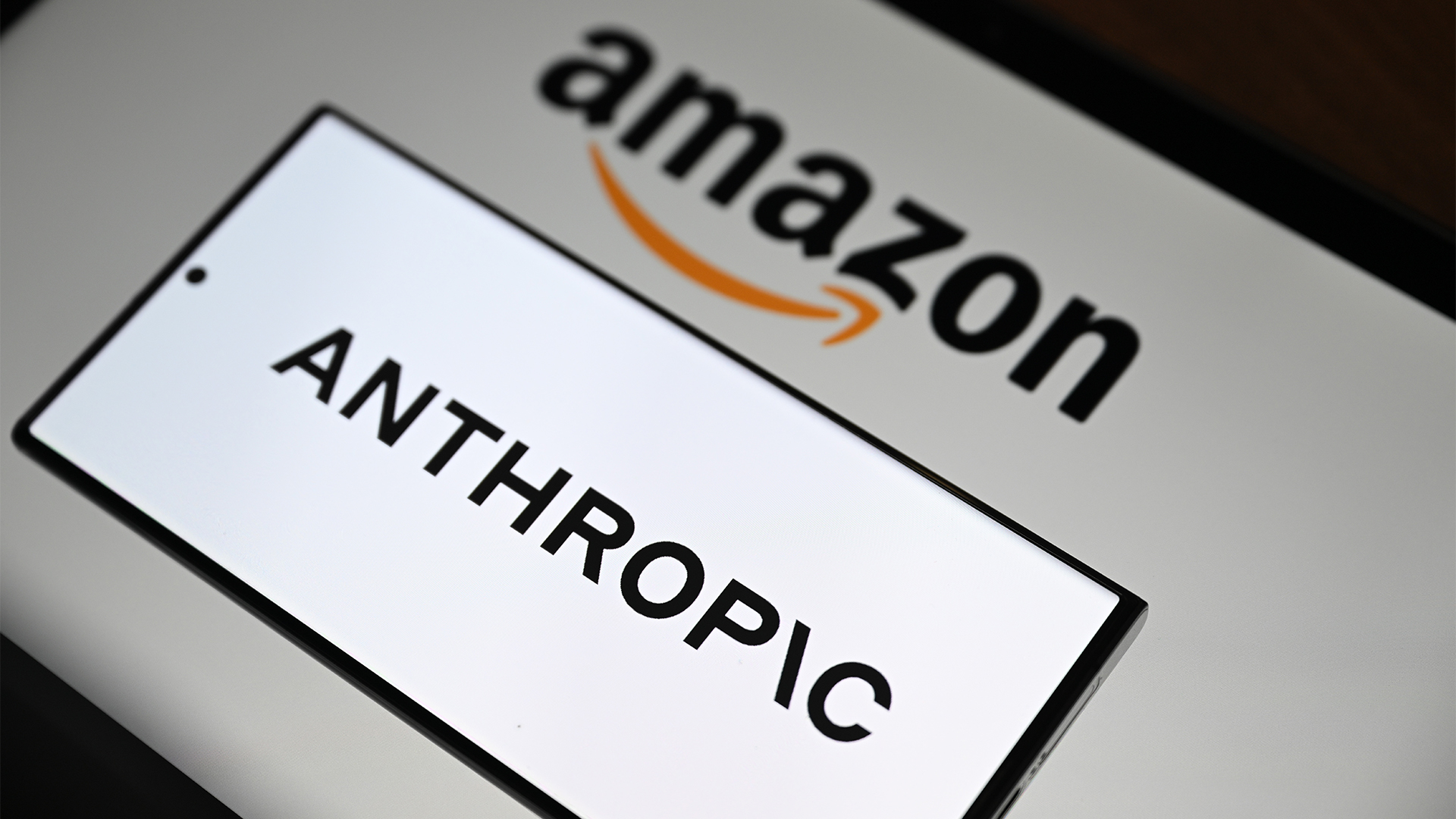 Amazon’s $4 billion investment in Anthropic faces UK competition probe – here’s what it means
Amazon’s $4 billion investment in Anthropic faces UK competition probe – here’s what it meansNews The CMA investigation into the Anthropic investment is the latest in a slew of probes by the competition regulator
By Emma Woollacott
-
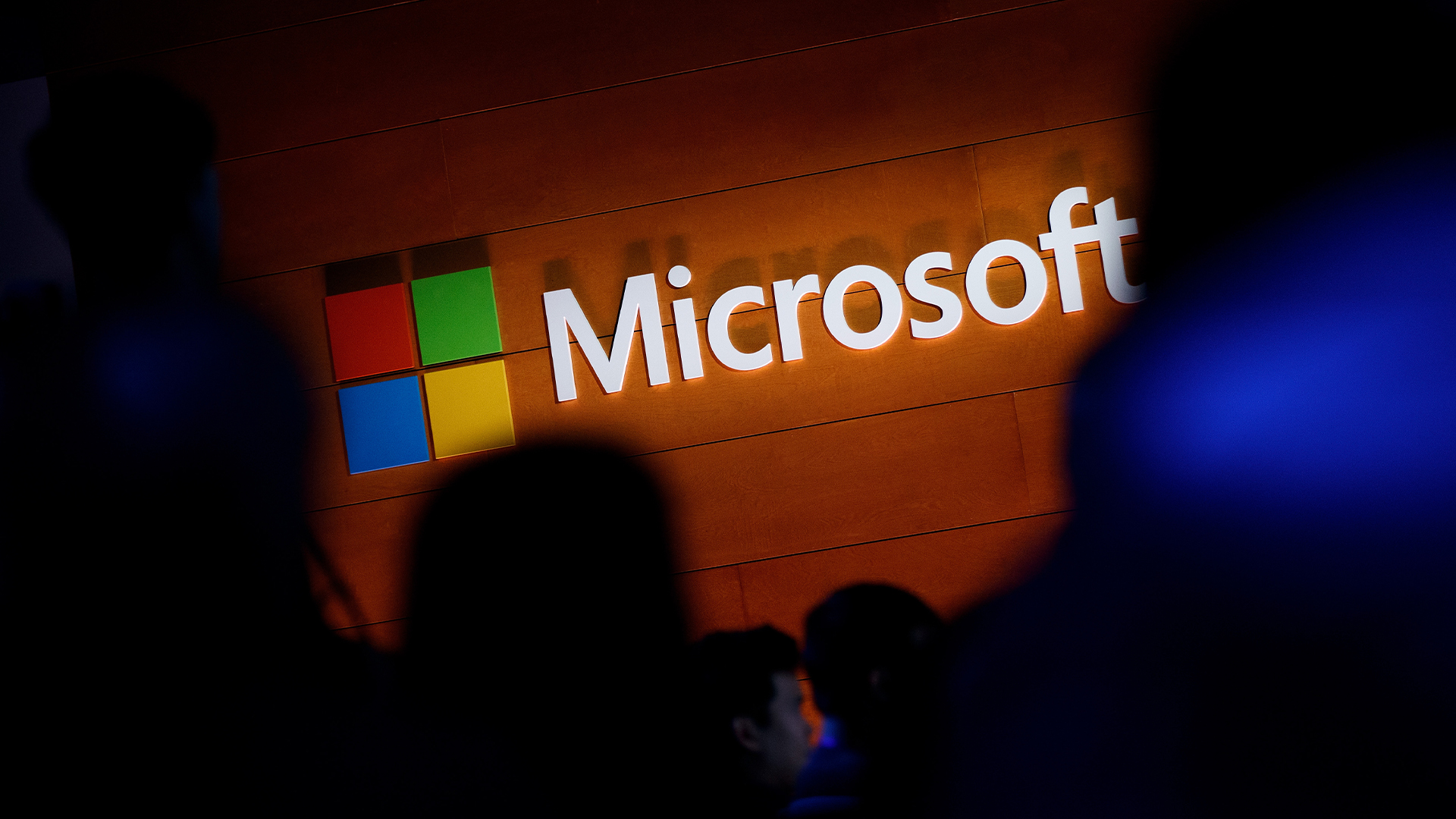 Hyperscaler AI spending is getting out of control — and Microsoft says it could take 15 years for it to make good on investments
Hyperscaler AI spending is getting out of control — and Microsoft says it could take 15 years for it to make good on investmentsNews Tech giants' results show billions being poured into AI infrastructure, but big leaps in revenue remain elusive
By Nicole Kobie
-
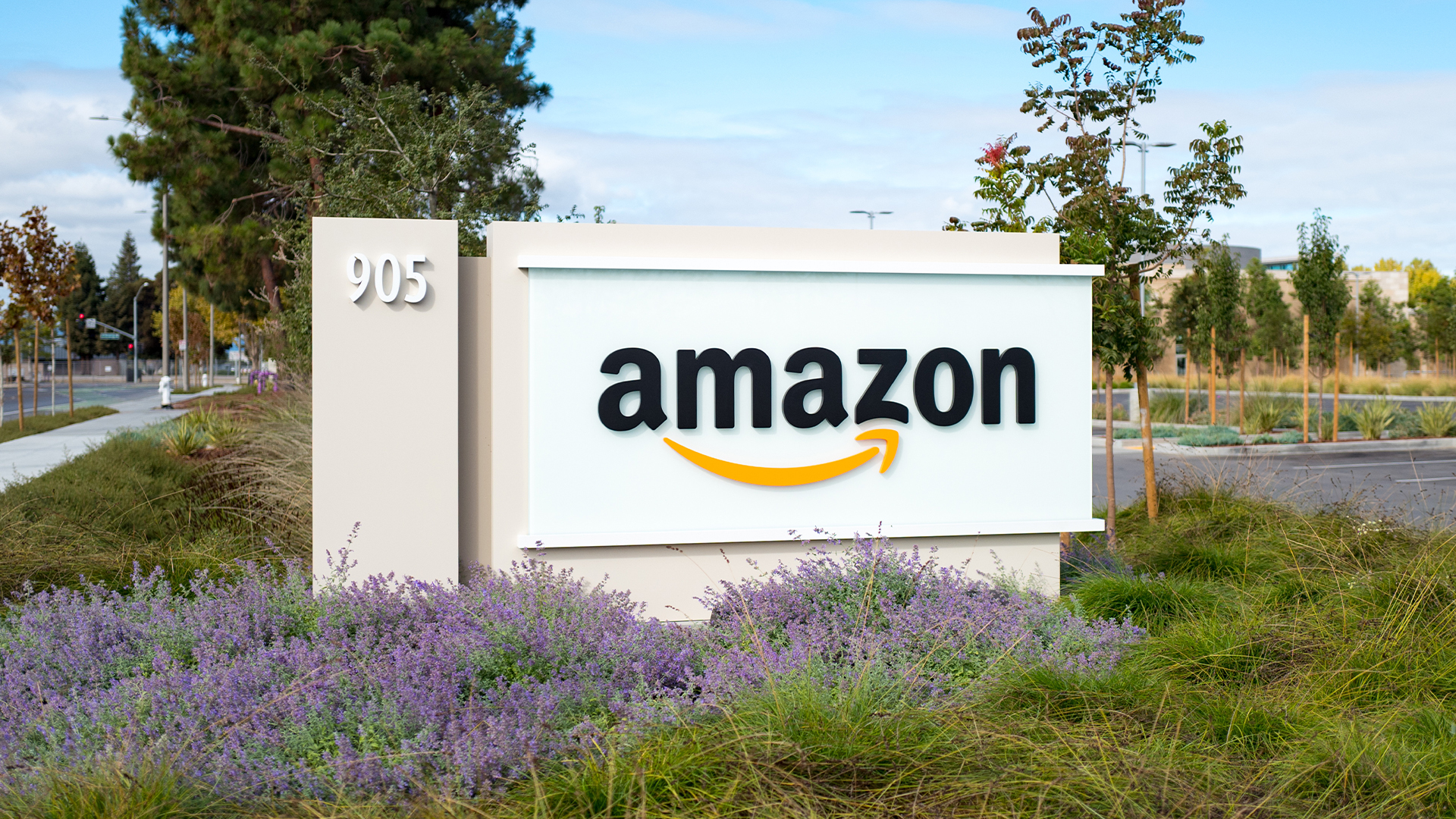 ChatGPT could be facing some serious competition: Amazon is reportedly working on a new AI tool, ‘Metis’, to challenge the chatbot’s dominance
ChatGPT could be facing some serious competition: Amazon is reportedly working on a new AI tool, ‘Metis’, to challenge the chatbot’s dominanceNews Amazon could be preparing to mount a serious challenge on ChatGPT’s dominance with the launch of a new chatbot service
By Ross Kelly
-
 Microsoft, Amazon, Meta, and Google just promised to halt AI development if models are too dangerous — but will they stick to their promise?
Microsoft, Amazon, Meta, and Google just promised to halt AI development if models are too dangerous — but will they stick to their promise?News Promises on AI safety will only go so far, experts argue, prompting renewed calls for stronger legislation
By Steve Ranger
-
 CMA probe into big tech AI deals sparks concerns over industry confidence
CMA probe into big tech AI deals sparks concerns over industry confidenceNews The watchdog wants to examine whether the deals fall within UK merger rules or raise competition concerns
By Emma Woollacott
-
 The 5 generative AI investment winners of 2023
The 5 generative AI investment winners of 2023News Generative AI investment deals skyrocketed in 2023, with major industry players backing emerging startups
By George Fitzmaurice
-
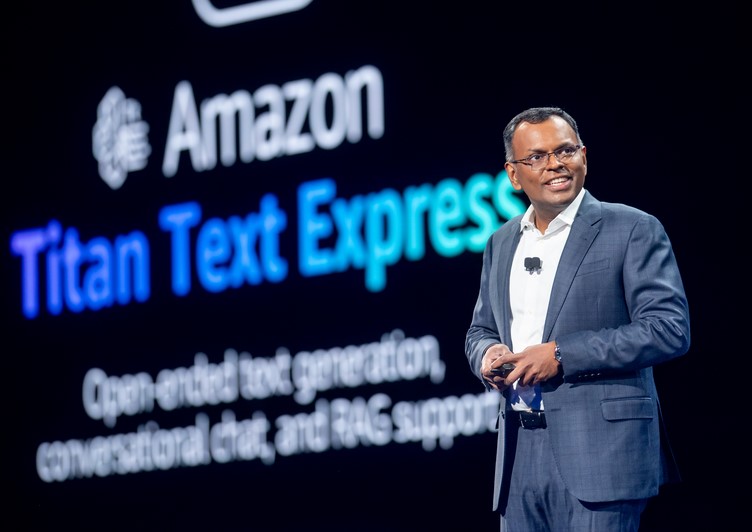 AWS re:Invent: All the big updates from the rapid fire day-two keynote
AWS re:Invent: All the big updates from the rapid fire day-two keynoteAnalysis AWS re:Invent has had no shortage of talking points so far
By Ross Kelly